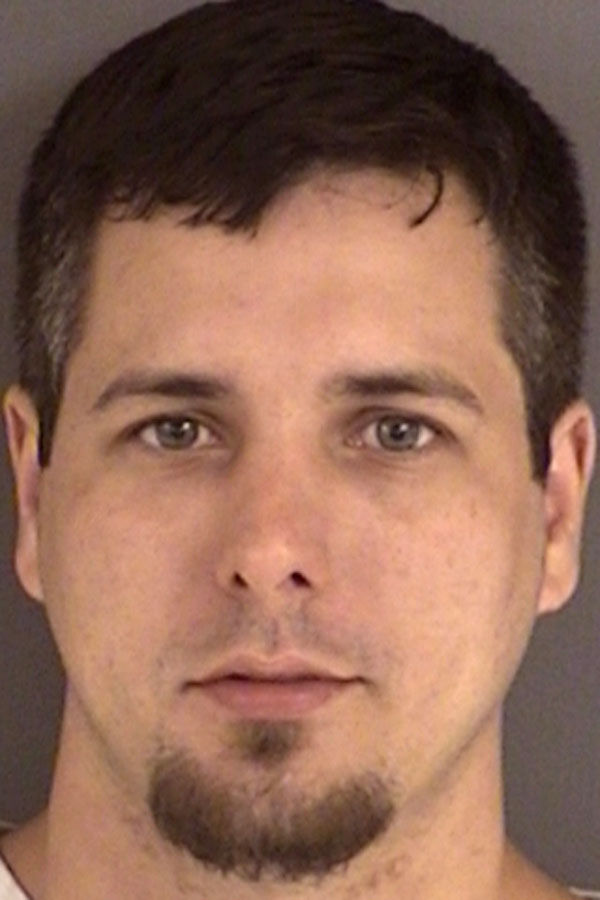

Mike Sencyĭespite more widespread awareness of such schemes, taking people’s photos for fake accounts is growing more common as internet impersonating scams continue to rise. There are hundreds of fake accounts using Mike Sency's name, photo and likeness online. By 2012, catfishing had become a cultural phenomenon with an MTV documentary show that year chronicling the deceptions of online dating. I am worried about how this is going to affect my future and my family - even my mom gets calls from strangers claiming they know me because of these fake accounts.”ĭeception has been part of the internet since its earliest days as a consumer tool, but the practice of using stolen photos arose as more people began creating social media and online dating profiles in the early 2000s. “But people forget that I’m a victim as well, and it hurts my feelings. “I try to empathize and I try to help,” Sency said. Since the start of 2019, his Facebook messages have filled up with hundreds of people claiming they’ve been scammed out of tens of thousands of dollars because of fake accounts using his name and likeness. “It’s definitely taken a life of its own.”


“I can spend anywhere from two to three hours reporting these fake accounts a week,” said Sency, 30, who lives in Virginia Beach, Virginia, and serves as a chaplain bodyguard in the U.S. His problem isn't a new one, but it is an issue that has proven nearly impossible to stop. For years, pictures he posted online have been used to create fake profiles by people looking to scam others, often out of money, a practice generally known as catfishing.


 0 kommentar(er)
0 kommentar(er)
